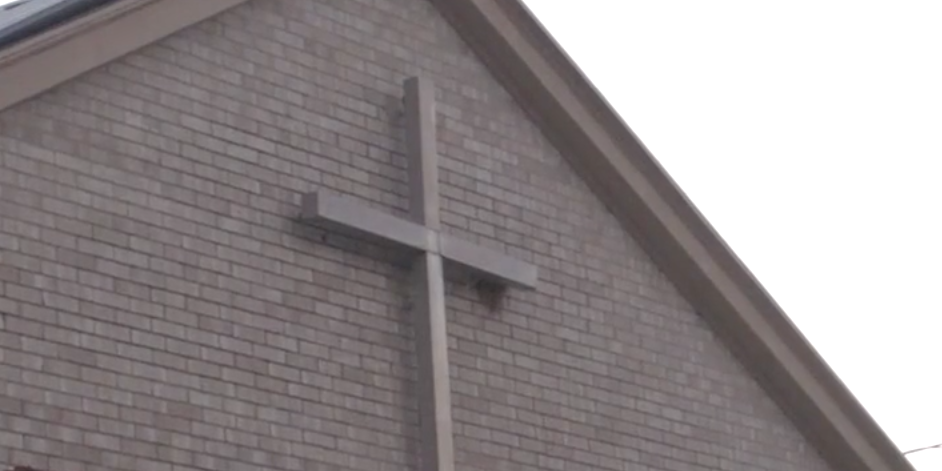Bishop Aaron Blake, a bi-vocational pastor and high school guidance counselor, arrived in family court for the first time regarding the case of one of his teenage foster sons. He recalls, “One of my boy’s rights were being terminated – I didn’t know what that meant.”
He sat there through the morning waiting for the case to come up. While waiting there, he heard several cases involving lengthy stories and complex situations. When it was time for his foster son’s case, the social worker came in along with the CASA worker. Bishop Blake noticed the lawyers representing each of the biological parents were there, but their clients were not. He watched as each person made short statements to the judge. They then approached the bench with paperwork for the judge to sign. In a matter of minutes, parental rights had been terminated.
Bishop Blake followed the social worker out of the courtroom and asked her what had just happened. When she explained that the parental rights had been terminated, he asked, “Who is going to come and talk to my son?”
She replied, “Well, a worker will be there this month sometime.”
Bothered by this, Bishop Blake insisted that the worker and a therapist come that day to talk through what just happened and the implications of it. So that evening, they arrived and explained to this young man what had happened in court that day. After they finished their explanation, he asked if that was all and if he could go back to playing basketball in the driveway.
Bishop Blake describes, “After the worker left, I go out and start shooting baskets with him. I asked, ‘Tell me what’s going on. How do you feel?’”
He said, “I was five when I went into care. You and mom are my parents. I haven’t had (my) parents since I was five-years-old.”
Bishop Blake recalls, “That messed me up.”
That day stayed on his mind all weekend and into Sunday morning. Bishop Blake had a sermon prepared for that morning, but he couldn’t get what he had just witnessed off of his mind. When it came time to take his place behind the pulpit, what he had prepared was going to have to wait a minute. He got up and told his congregation how many kids there were in foster care in Texas and how many kids there were in the U.S. He then asked what he thought was simply a rhetorical question:
“Who will stand with me for these kids?’
Not giving him the time to continue, a woman named Nedra raised her hand, stood up and said, “Pastor, I will.”
And then another person stood and said, “I will.”
And another stood and said, “I will.”
And another. And another. And another.
Within three months, 39 children were placed in families in that church.
They set out with the vision to have more families waiting for children than children waiting for families in their county. By 2010, they had accomplished that.
Today, the story of Brownwood continues to inspire a country full of advocates wondering if more than enough for children and families in foster care is possible in their county. Not only that, but Stand Sunday is now celebrated every year on the second Sunday in November in churches all over the world.
We’ve all experienced a lot of broken things in 2020. There is so much we don’t understand. There are so many things that feel impossible to fully explain. From the devastation around the world caused by racial injustice, wildfires, and a microscopic germ, to the chaos and anxiety we feel in our own homes due to isolation, disrupted rhythms, and uncertainty, we might find it difficult to see light ahead.
Bishop Blake saw a lot of brokenness in court that morning. The people of Brownwood, Texas remind us, however, that a road paved in broken things can lead to beautiful places. This certainly doesn’t mean we delight in the brokenness, but maybe it just means we understand it a little bit better. We endure it a little better. And when we eventually see the beauty it leads to, we celebrate that beauty a little more.
NOTE: For resources to help your church stand for children and families in foster care, go to StandSunday.org.
A version of this article first appeared in Jason Weber’s regular Foster Movement column of the Fostering Families Today magazine (Nov/Dec 2020 issue). To learn more about how you or your organization can subscribe to this great resource, click here.

